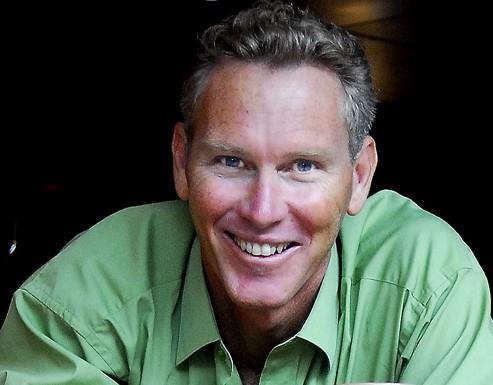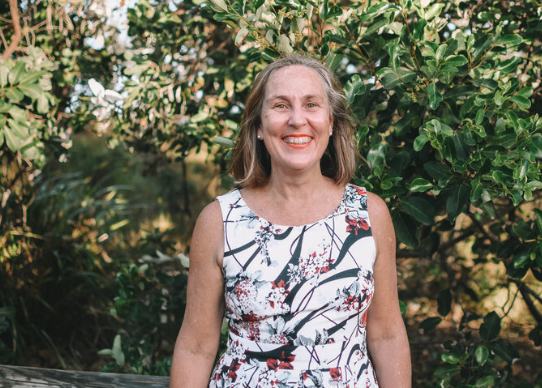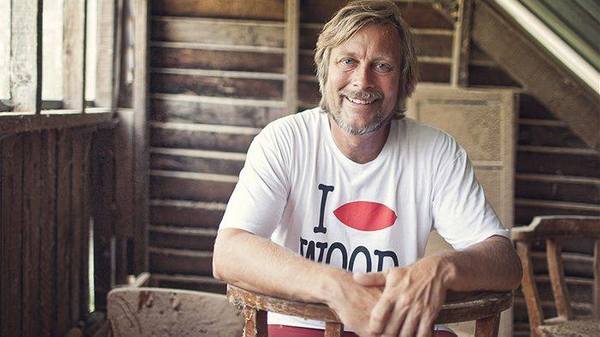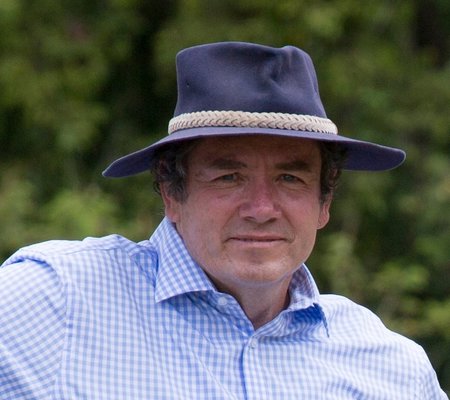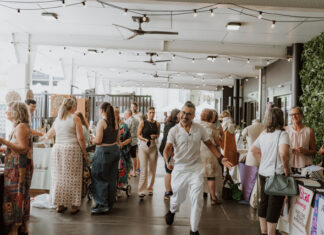With many new faces, and the immediate impact of Covid-19, it has been a baptism of fire for both ‘new’ and re-elected councillors.
Noosa Today asked for their views on a range of issues, after one year on the job.
Last week featured responses from Mayor Clare Stewart and Crs Joe Jurisevic and Amelia Lorentson.
This week: Deputy Mayor Frank Wilkie and Crs Tom Wegener, Karen Finzel and Brian Stockwell.
Q: What have you found to be the most challenging aspects of handling Covid’s effects?
Cr Wilkie: “The challenge involved accepting the certainty of uncertainty, and that multiple, valid, but conflicting interests can be at play at the same time.
“Some in our community have suffered great hardships while others have thrived.
“All measures had to be implemented without sacrificing any of Noosa’s key points of difference nor its reputation as a safe and welcoming community and destination.”
Cr Wegener: “My problem was understanding the situation. Many businesses were hit hard. Many of my international friends left for home leaving a shortage of hospitality workers.
“Noosa, overall, managed exceptionally well with many businesses growing exponentially and housing prices and rents going up.
“While many are out of work and being pushed out of the rental market, the Peregian Digital Hub has job openings but can’t fill positions because the applicants cannot find housing in Noosa.”
Cr Finzel: “The enormity of decision making for our families and visitors alike brought with it a huge sense of responsibility especially around the unknown risks.
“Firstly, I had to remain calm then quickly learn to combine confidence in my own leadership style, while landing in a new role of governance with a team of people I had not worked with before, and weigh up the information from advisors and health specialists.
“It has been baptism by fire.”
Cr Stockwell: “During the first few months the challenge was to get the new lot together on the same page, [while] giving staff the time and space to respond to keep our community safe and soften the economic impact.
“To be honest an immense body of work was shouldered by the staff.
“[That] we attracted numerous state and federal grants to help keep local jobs during the recession is a testament to their commitment.
“The challenge [now] is getting the huge body of capital works completed on time.”
Q: How do you see the next 12 months in terms of Covid recovery?
Cr Wilkie: “The community’s council-managed finances are strong so, barring any outbreaks or natural disasters, the long-standing focus on providing quality services, community support, responsible long-view initiatives and upkeep of community assets will continue.
“There are some exciting new projects proposed to be delivered in a very, very ambitious, record-breaking public works program, funded in part by a record $25million in state and federal grants.
Cr Wegener: “The best service council can provide is to facilitate people pivoting into new jobs and riding the wave of change.
“I think the economic development team has been fantastic with collecting information, bringing a sense of hope and control, and pulling the community together.”
Cr Finzel: “The recovery will be ongoing. COVID has forced fundamental change.
“If we advocate for the implementation of astute policies with sufficiently broad appeal, stay committed to contemporary, values-based strategies building resilience in our communities, remaining open to change as opportunity, and respectfully cooperate with each other I believe we can work achieve our social, economic, and environmental goals.
Cr Stockwell: “The most confronting challenge now is the secondary impacts, probably the most significant being the housing crisis.
“This is not an area where local government traditionally has a role, but we need to do what we can to facilitate more community housing.
“The lack of affordable options for our families and workers from the influx of southerners is causing heartbreak, seeing people forced to give up their pets, leave town and sometimes leave their jobs.”
(For new councillors) Q: How different, if at all, did you find actually working in council to what you perceived prior to being elected? What issues have you found to be a bigger challenge than you initially thought?
Cr Wegener: “I am very happy with my new role. I love the enormous amount of reading and thinking it takes to do the job.
“Literally, many days my brain hurts from exhaustion. The camaraderie among staff and councillors is really inspirational. We are in a place of mutual respect.
“I can see we do the best job when we work as a team (and leave the politics from the past election way in the past).”
Cr Finzel: “My core values determine my authenticity as a leader and as such they need to be reflected when it comes to leveraging on my strengths around the decision-making process.
“The challenge has been to work effectively with intent alongside others who may have opposing ideas.
“To build trust with each other and our community within a system which historically works against women.
(For re-elected councillors) Q: The last election saw a substantial number of new councillors as well as a new mayor come on board. In what ways, if any, have you changed your approach to working as a councillor in the new team and how challenging has that been?
Cr Wilkie: “It’s been a pleasure to work in with the new councillors who all bring a great range of talents and strengths.
“I’ve never stopped learning and haven’t really changed the way I work with council staff or [elected councillors].
“It’s been deeply gratifying to have new colleagues who, after gaining insight on council operations, initiatives and strategies, have shown a capacity to identify views of substance and value to the long-term benefit of the shire.
Cr Stockwell: “Your question presupposes that there was a team in the last council.
“In fact, there was a councillor who remonstrated that we were not, and did a lot that meant it was difficult to work as a cohesive unit.
“It is somewhat of an irony that after one of the most divisive election campaigns in decades we have ended up with one of the most harmonious councils.
The propaganda campaigns have dried up and working with a new group of councillors who are intelligent, community focussed and affable has been a delight, not a challenge.
“The new dynamic has fostered me to change my debating style: less adversarial, more reasoned.
Q: If there was one thing you could change in council, what would it be?
Cr Wilkie: “[It has] changed already.
“But major projects intended to leave the shire in a better place for future generations … all take time, effort and co-operation between many departments, individuals and often other levels of government.”
Cr Wegener: “Seriously, I would not change a thing.
“I am very impressed with the people and the organisation and, after one year, I feel at home here.”
Cr Finzel: “Given the current conversations around the reputation of government in Australia I would like to promote ongoing advocacy for cultural change to specifically address any behaviours that may arise in the workplace which are inconsistent with a safe and supportive working environment.”
Cr Stockwell: “Too often our decisions are based on undertaking ‘business as usual’ underpinned by decisions made in an era now past.
“We must think long-term; for example, an inordinate amount of our budget is consumed with servicing the private motor vehicle when the future demands that we invest in other forms of transport.
“Operationally we are spending far more on chopping trees down each year than planting them.
“Forests help draw carbon pollution out of the atmosphere and create shade to help residents cope with the predicted increased frequency of heatwaves in the future.
“We have some well thought out and ambitious targets in our policies and plans we need to have the courage to make meaningful investments in them, even if it means foregoing investment in some of the ‘sacred cows’ of the past.”

